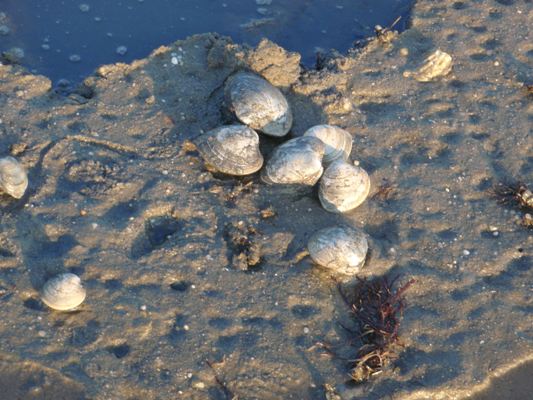Back when we still stratified classes at my school, I loved teaching "low level" freshmen--despite the occasional behavioral issues (the rare fight and even rarer fire under a student's desk), I got to teach more science as science than in any other class because, well, no one outside the classroom really cared what happened inside.
The less administrators heard from these classes, the better. No blood, no write-ups, no problem.
Freed from the crippling boundaries posed by standardized tests, I got to take the kids wherever the problems took us. Armed with safety glasses, and just enough sense to keep us outside of the Health Office, we pushed boundaries and solved problems. (Here's a dirty little secret--most of my students who grow up poor have a short lifetime's worth of solving real problems. It's not lack of problem-solving abilities holding them back in school.)
With the new evaluation system kicking into place, where part of my job security depends on how my students do on state testing that has little or nothing to do with science, where correlation now becomes causation, absurdity reigns.
 |
| Les Songes Drolatiques De Pantagruel |
Here's how you deal with absurdity: you don't.
Until reality creeps back into education, I will happily teach students what reality means.
Do I fear the scores? Of course I do. I fear death, too. Until I can control either of them, though, acting on that fear is foolish.
Puts a new spin on live and learn....





































